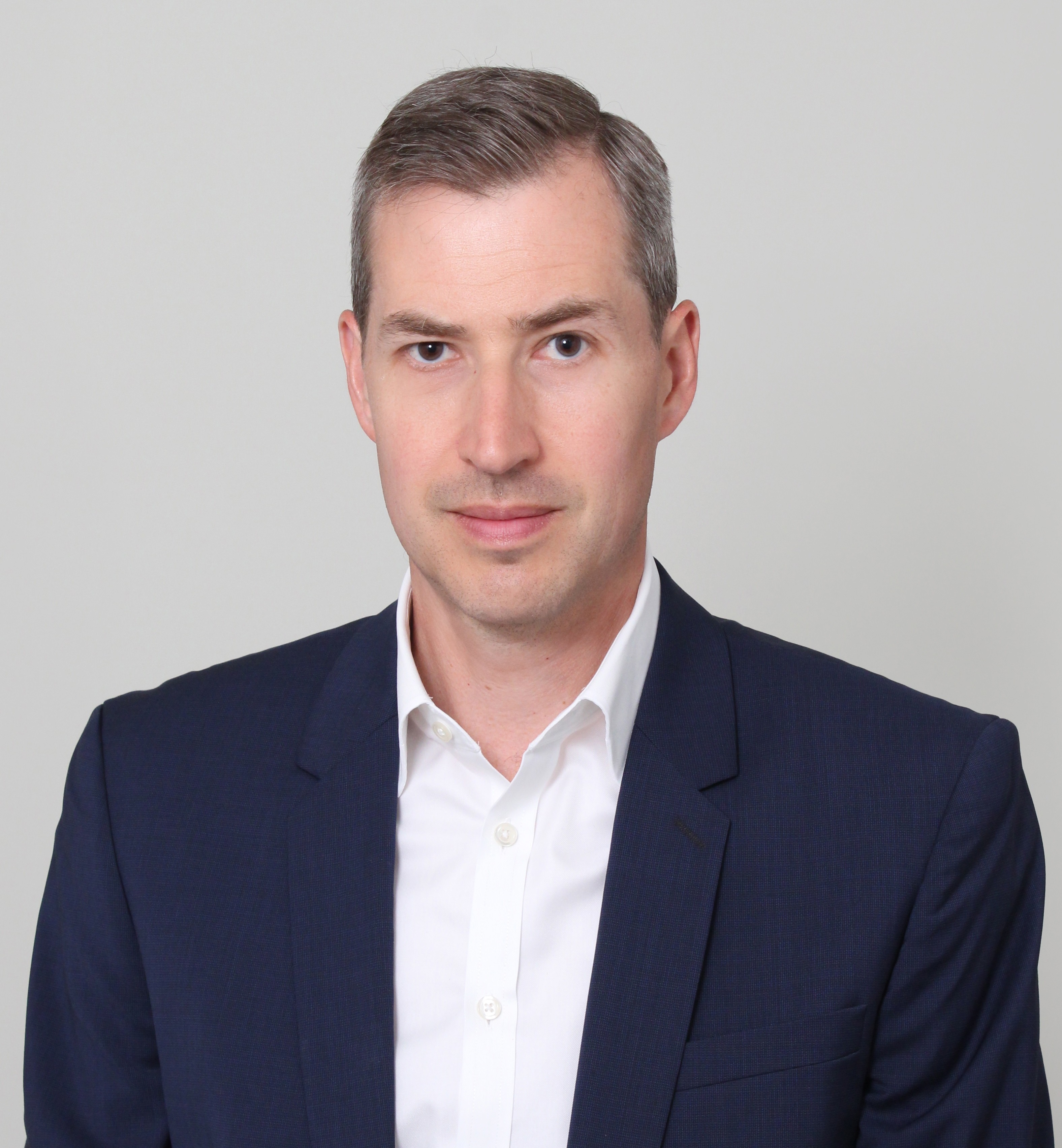Kobre & Kim's International Private Client Team
September 19, 2024
African Ultra-High-Net-Worth Individuals Can Protect Themselves from U.S. Authorities’ Increased Scrutiny
The U.S. Department of Justice has taken increasingly aggressive measures within the African continent to investigate individuals and businesses. These investigations threaten UHNWIs' liberty, assets, and reputation and are often initiated solely based on allegations made in the media by adversaries.
Western enforcement agencies like the U.S. Department of Justice (DOJ) increasingly pursue Ultra-High-Net-Worth Individuals (UHNWIs) with cross-border investigations throughout Africa. These investigations threaten the UHNWIs' liberty, assets, and reputation and are often initiated solely based on allegations made in the media by adversaries.
In addition, the U.S. has pressured African governments to tackle corruption more aggressively. After U.S. legislation passed in December that expanded the DOJ’s authority to investigate current and former foreign government officials, the DOJ has been increasingly active in the region. U.S. authorities have numerous compulsory powers and investigative tools at their disposal to conduct activities abroad, including:
- Formal Requests. Most commonly through a mutual legal assistance treaty (MLAT).
- Informal Information Sharing and Investigation Coordination. Working with foreign counterparts and other public international organizations, such as multilateral development banks.
- Information From Cooperating Companies: Both those that voluntarily self-disclose potential misconduct and those the government approaches first.
- Information From Individuals, Including Cooperators and Potential Whistleblowers (who can obtain a sizable financial reward for providing tips).
- Evidence of Foreign Conduct That Exists Within the United States. Such as bank records, foreign transactions, and email and phone exchanges.
- Online information. Using foreign and domestic press reports and increasingly sophisticated analysis and mining of both public and non-public data and information.
The increased focus of the U.S. DOJ and the aggressive tools at its disposal can put individuals and companies operating throughout Africa at risk of global asset freezes, seizures, and/or other penalties. These risks can often be mitigated by taking proactive steps before any investigation is initiated:
- Determine Vulnerabilities. At-risk individuals and companies should consider conducting a detailed examination of their own transactions to explore lawful and appropriate preparatory measures that can be taken should authorities launch investigations.
- Get the Facts Straight. When regulators target individuals and conduct outside their immediate jurisdiction, there is a risk they can misinterpret facts and make faulty assumptions. At-risk individuals and their advisors can proactively prepare a factual narrative to set the story straight containing verifiable evidence, including, for example, copies of contracts and transaction records, evidence that wealth was earned through lawful business activity, and documentation that certain key assets were purchased using clean and traceable funds.
- Correct the Record. This factual narrative can be most effective if used strategically. In some cases, outreach to government bodies, international human rights groups and the press can further assist in correcting the factual record. Parallel legal proceedings in other jurisdictions to obtain court decisions affirming the legitimacy of offshore trusts and other asset structures can also be favorable additions to the record and offer further protection.
- Be Proactive. If regulators fail to recognize their factual errors or misunderstandings, at-risk individuals and companies should anticipate potential escalatory actions from them and prepare accordingly. For example, at-risk individuals who travel should have counsel with relevant cross-border expertise on standby in the event of searches, questioning, or even being refused entry when crossing borders.
As the DOJ and other global agencies aggressively ramp up their cross-border enforcement efforts, high-profile individuals and companies in Africa risk having their liberty, assets and reputations come under threat based on unsubstantiated allegations. At-risk individuals can seek to mitigate this risk by taking proactive steps to preserve their lawfully obtained assets from undue scrutiny.
About Kobre & Kim
Kobre & Kim is a global law firm focused on disputes and investigations, often involving fraud and misconduct.
To preserve the assets, liberty and reputation of individuals and their global business interests, our firm:
- Provides offensive and defensive cross-border litigation and crisis management strategies in court and out-of-court.
- Brings together roughly a dozen former U.S. and UK government lawyers in EMEA, Asia, Latin America and the U.S., including former prosecutors from the U.S. Department of Justice (DOJ) and UK Serious Fraud Office (SFO);
- Has deep experience with global foreign policy, national security and economic controls and regularly interfaces with regulatory agencies that impose these controls.





